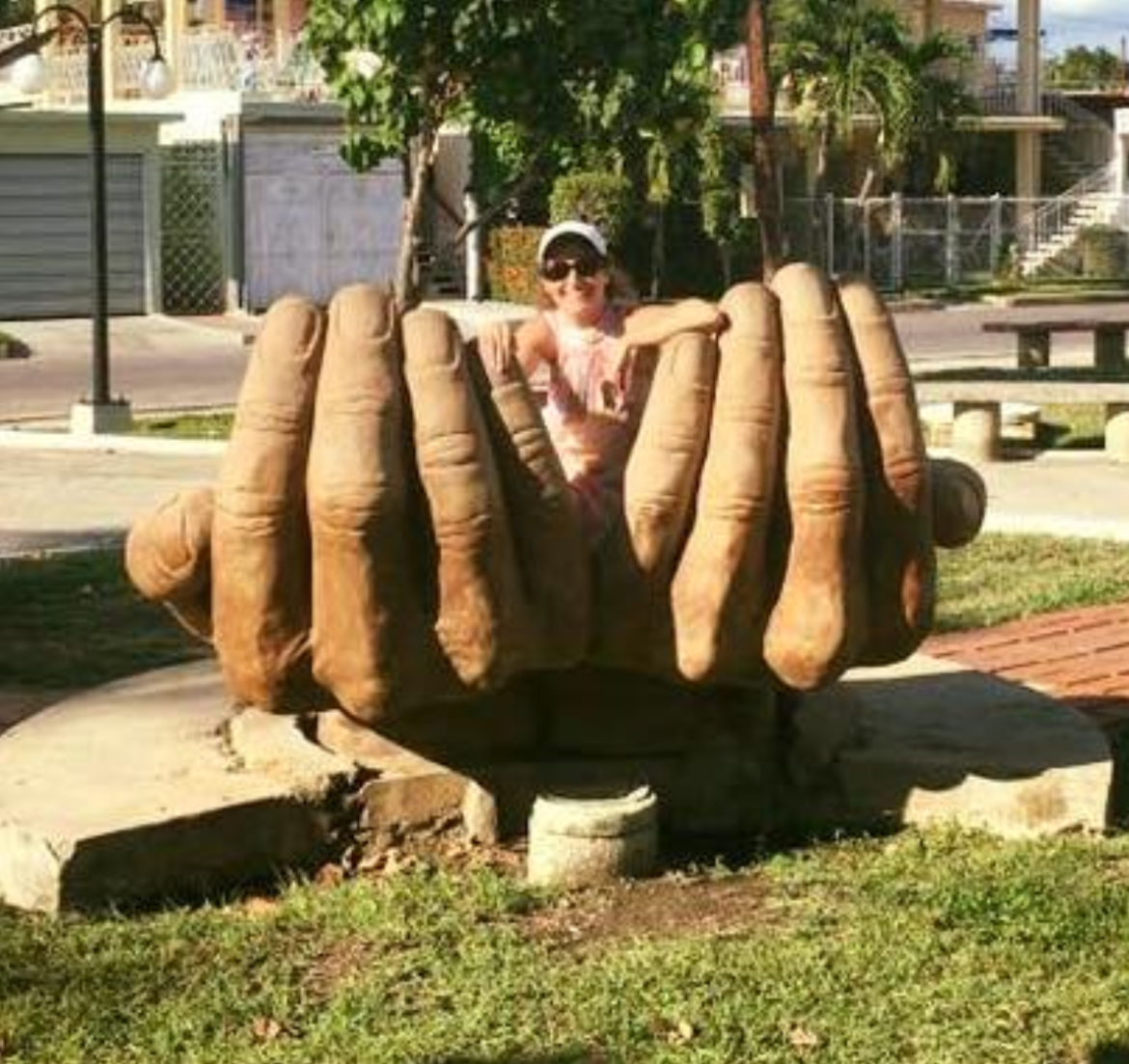Finding a shoe that fits, let alone comfortably can be a cumbersome task. Driving from store to store, trying countless styles. Does it fit better with a thicker sock? Will it serve me in all situations? Should I choose price over comfort?
Simply possessing a shoe rather than having one that fits has become a metaphor for defining the meaning of equity vs equality.
We have all heard discussions over the differences between equality and equity, however, trying to truly distinguish this from that, in this instance, can be a monumental undertaking. The Hebrew word for equity—mê·šā·rîm—encompasses such ideals as fairness, truth, and a certain universal order and levelness to life.
The King in his might loves justice. You have established equity; you have executed justice and righteousness in Jacob. (Psalm 99:4)
Here the Psalmist speaks of the King, the political entity loving justice in his might. God executes or delivers justice and righteousness. The difference is equity. When fairness is the goal, both equality and equity are needed to achieve it. Equity demands that what the law was intended to accomplish be considered more than just looking at what the letter of the law says.
What does this mean to us? What can we do in light of these ideals, that is so difficult to understand let alone implement?
Women have always cared for their families and taken on the burden of caring for what happens to other families. Equality says there must be food on the shelves available to everyone. It also means everyone should have an equal right to enter the store and buy what they wish. But not everyone has the money to do that.
For there will never cease to be poor in the land. Therefore, I command you, ‘You shall open wide your hand to your brother, to the needy and to the poor, in your land.’ (Deuteronomy 15:11)
Equity does not mean that if I can afford to eat Prime Rib, everyone should. It does, however, mean everyone should eat, and if I have more, part of my mission needs to be sure that they have the food to eat too. While politics wants to argue about what can be done in its might, we invite others to share a meal, donate and volunteer at the local food banks and for school lunches so no child goes hungry.
In the workplace, we support other women in lesser positions and promote their abilities. We vote for equal pay for equal work and take the time to have sometimes difficult conversations with the men in our lives, who may not understand why all this is so necessary, for no reason other than how they were raised. We speak the truth about these disparities. Equity perhaps is most important in the willingness to share information another might lack.
Oh, the solutions can seem so easy on the surface. Everyone should have equal opportunity to work at any job they desire. And we cheer. However, do they have equal opportunity to the education needed for the job they want? Student loans are one way the corporate and political worlds have attempted to provide equity. Does anyone think that is a perfect solution? And when we no longer cheer Band-Aid solutions, we ponder. Here is a good time to note these things in large portion are not women-only problems.
None of this is easy. Recently I watched the movie Woman Talking based on the book of the same name written by Canadian author Miriam Toews. This issue of women’s rights here takes on both matters of life and death and faith. As a few of the women work to find a solution for an entire community, we see how heart-wrenchingly difficult fairness can be. They struggle to decide both what is necessary and what is just. It is raw and it is hard to watch. And yet shouldn’t such discussions be hard? Being fair is not a simple task.
Equity is not a matter of things. Or changes in laws. It is a matter of the heart. It is Biblical. Do unto others as you would have them do unto you scriptural.
What women can do best to achieve equity is to do what they have always done when it comes to matters of justice. Speak out.
Abigail spoke out, coming face to face with David after her less than magnanimous husband Nabal refused to share his abundance with David’s troops. She spoke out against sheer might being a solution and appealed to David’s heart.
Queen Esther spoke out. By doing so she saved a nation.
Politics and might look for outcome-driven results. Biblical solutions look more to heart-driven results based on how we treat one another. There is a huge difference between the two.
One shoe does not fit all.
Dear Lord, guide us as we look for equitable decisions that serve all. Let us leave for our children a better world that looks for heart answers. Speak into our lives a wisdom that speaks to the rights of all your people. Amen.
 Preparing for the Garden Walk of Holy Week
Preparing for the Garden Walk of Holy Week
In the last few days of his life, Jesus moved from garden to garden from suffering to resurrection.
Join Christine Sine for a Lent retreat that reflects on this journey and prepares for the challenging week that follows Palm Sunday.

